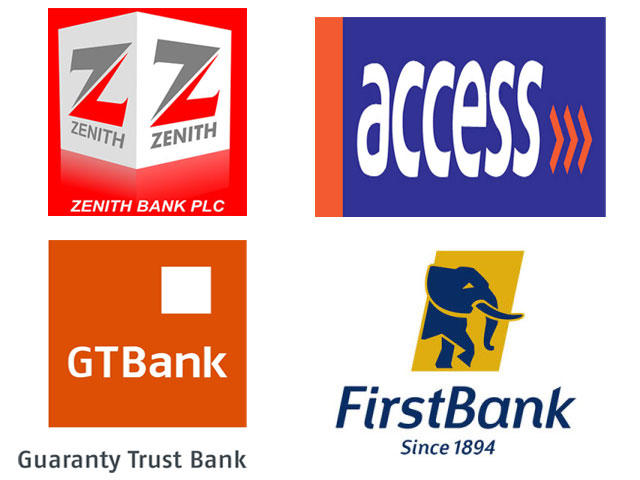
 The Managing Director, Fortis Microfinance Bank (MFB), Mr Tiko Okoye said the Development Bank of Nigeria (DBN) if managed correctly, could bring down cost of lending by MFBs in Nigeria.
The Managing Director, Fortis Microfinance Bank (MFB), Mr Tiko Okoye said the Development Bank of Nigeria (DBN) if managed correctly, could bring down cost of lending by MFBs in Nigeria.
Okoye in an interview with newsmen in Abuja, said that although MFBs take the risk to lend to low-end small scale businesses, the lending rate remains too high at between 25 to 100 per cent.
He said that the reason for this, was the source of most MFB funding, which was mostly from commercial banks, because few MFBs were currently able to access funding from Central Bank of Nigeria and Bank of Industry.
He said that a lower interest rate, would give businesses the opportunity to make capital improvements, and acquire equipment or supplies to grow.
He urged the DBN to priotise funding the MFBs rather than commercial banks if it indeed wants to improve the MSMEs.
It will be recalled that the CBN on March 28, 2017, approved the grant of a Wholesale Development Finance Institution Licence with national authorisation to DBN.
The DBN will have access to 1.3 billion dollars (N396.5 billion) which has been jointly provided by the World Bank, German Development Bank, the African Development Bank and the Agence Française de Development, a French Development Agency.
The DBN, will provide loans to MSMEs of all sectors of the economy including, manufacturing, services and other industries not currently served by existing development banks.
As a wholesale bank, the DBN would lend wholesale to Microfinance Banks, commercial banks and other financial institutions, expecting them to in turn, provide medium to long-term loans to MSMEs.
The Management team is led by Mr Tony Okpanachi, a former Deputy Chief Executive Officer, Ecobank Nigeria Limited.
Okoye advised the DBN management to learn from the mistakes of other development funds provided by the federal government but failed to make any impact.
“The CBN had initially set up the N220 billion MSME development funds, which is supposed to have been channeled through the Microfinance institutions for onward lending to target customers.
“But that fund was not accessed that much by micro finance banks because of the conditions attached to accessing the funds.
Like the N220 billion MSME fund, if DBN ask us to bring bank guarantees, many MFBs may not to be able to access it.
“You expect me to lend to the grassroots who have virtually no collateral then why ask me for collateral? Where am I going to get collateral from?.
“To bring a bank guarantee, I have to go to a commercial bank and if I don’t meet their requirements, I’ll have to sign an agreement that the money remains with them.
“It’s helping my liquidity as a bank because I have it as cash, but in terms of outreach to the people, it does not help in any way,” he said.
Okoye expressed concern over the members on the board of the DBN, as it has no SME or MicroFinance representatives but rather from the commercial banks and other financial organisations.
He said that this was worrisome because there ought to be people on the board who were concern first about the social mission of the bank rather than profitability.
He said that representatives from Association of Small and medium enterprises or National Association of Microfinance banks should have constituted part of the board.
“Notwithstanding, my advise to Okpanachi and his team, is to establish an SME credit guarantee scheme to de-risk the sector.
“They should also promote the creation of industrial clusters and provide them with government support, the right infrastructure and funding at affordable prices.
“When doing a wholesale lending, he should first look at the lending methodology of the MFBs. We have a preponderance of debt capital in this sector. The only thing that works effectively is the group lending methodology.
“DBN should also set up business incubation centers for capacity building, to reduce failure rate of the project.
“There are policy aspects that DBN and SMEDAN should look at for this to work and improve the success rate of whatever they are doing,” he said.
He said there was need for the Federal Government to create incentives like tax rebate, tax holidays to improve the success rate of Microfinance banks in the country.
